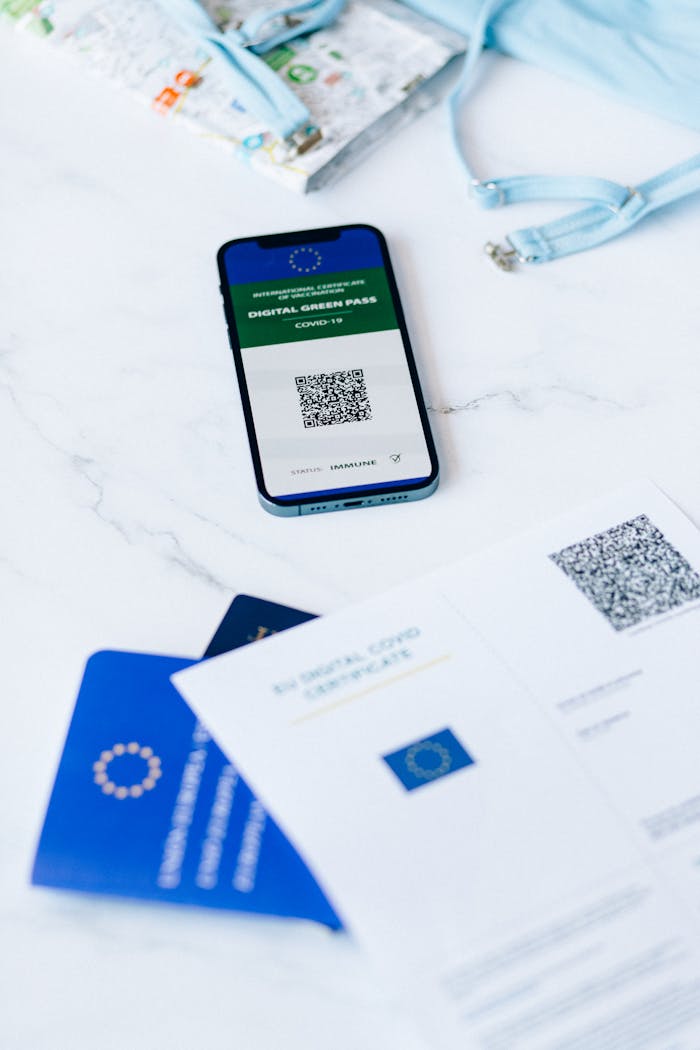You’ve just landed at a U.S. airport or crossed a land border — and a Customs and Border Protection (CBP) officer asks to inspect your phone or laptop. Are they allowed to do that?
The short answer is: Yes, in most cases.
This guide explains your rights at the U.S. border in 2025 when it comes to electronic device searches, what you can do to protect your data, and how to respond if it happens to you.
1. Do Border Agents Need a Warrant to Search Your Phone?
No. Under current U.S. law, border agents do not need a warrant, probable cause, or even suspicion to conduct a basic search of your devices.
CBP claims broad authority at ports of entry (airports, seaports, land crossings) to:
- Examine your phone, laptop, or tablet
- Scroll through messages, photos, or browser history
- Ask for your passcode or password
This is known as the border search exception to the Fourth Amendment.
2. What Types of Searches Can Happen?
There are two kinds of device searches:
- Basic Search: Officers can look through your phone manually without suspicion.
- Advanced Search: If they suspect wrongdoing, they can connect your device to software that downloads your data.
CBP can also seize your device and keep it for up to five days or longer with supervisory approval.
3. Do You Have to Give Them Your Password?
You are not legally required to unlock your phone or provide passwords — but refusal can have consequences:
- U.S. citizens cannot be denied entry, but their device may be seized
- Non-citizens (including green card holders and visa holders) may be denied entry or delayed
4. Can They Search Social Media or Cloud Data?
Agents may ask you to open apps like:
- WhatsApp, Facebook, Instagram, Telegram, Gmail
They are technically not allowed to access content stored only in the cloud (e.g., Dropbox, iCloud) unless it’s already downloaded. But in practice, this boundary is not always respected.
5. How to Protect Your Digital Privacy at the Border
If you’re concerned about privacy:
- Limit the data on your device before traveling
- Use a temporary or clean device for international travel
- Log out of sensitive apps
- Turn off biometric unlock (fingerprint/face ID) and use a PIN instead
- Use encryption tools for added protection
You can also ask to speak to a supervisor or note that you object to the search — though this won’t necessarily stop it.
6. What Happens to Your Data?
CBP may:
- Copy your data for further examination
- Share it with other agencies (ICE, FBI, DHS, etc.)
There are no strict limits on what they can do with the information if they claim it relates to national security or immigration enforcement.
7. What If You’re Selected Repeatedly?
If you’re routinely stopped and searched, you may:
- File a redress request through the DHS TRIP program
- Consult with a civil liberties or immigration attorney
- Consider legal action if your rights were violated
At the U.S. border, immigration authorities have wide legal latitude — including searching your phone without a warrant. Knowing your rights won’t stop the search, but it can help you respond calmly, protect sensitive information, and avoid making the situation worse.
If you believe your rights were violated, consult an immigration or privacy rights attorney after your arrival.


